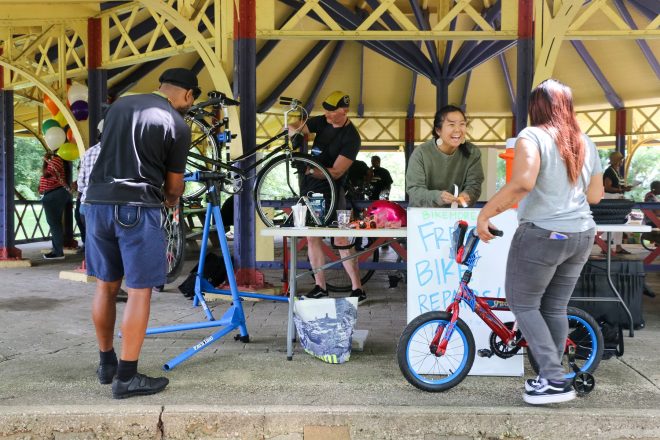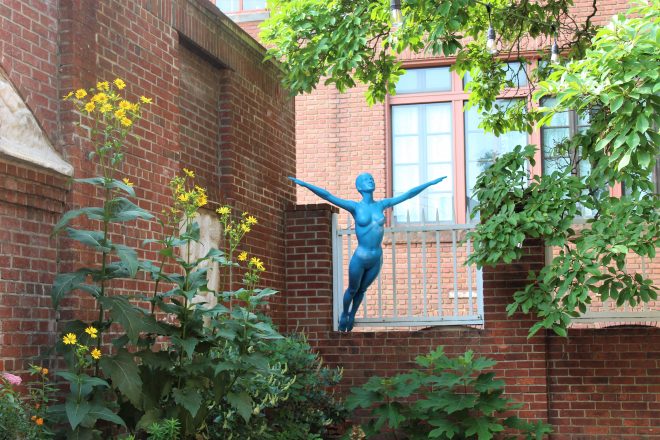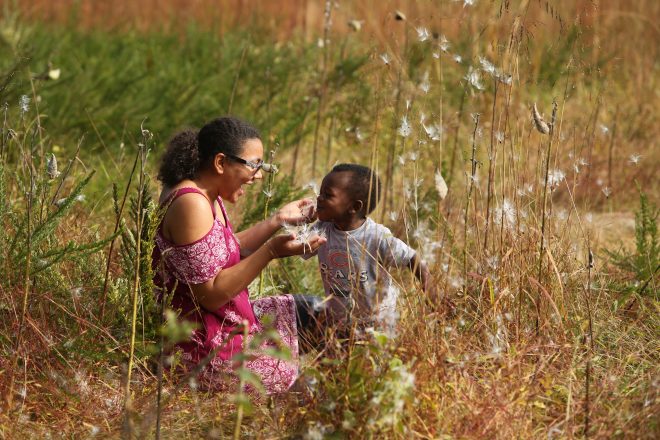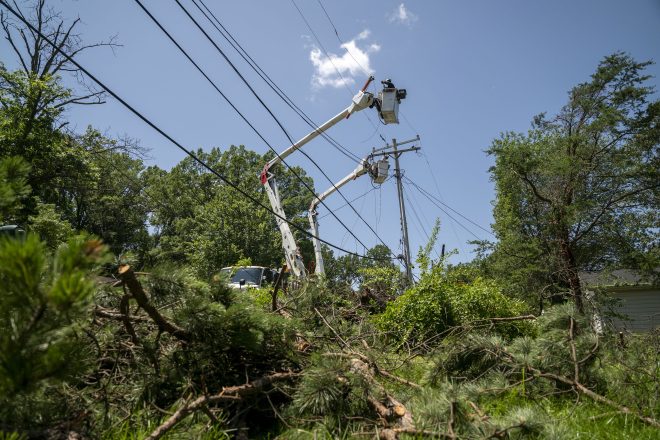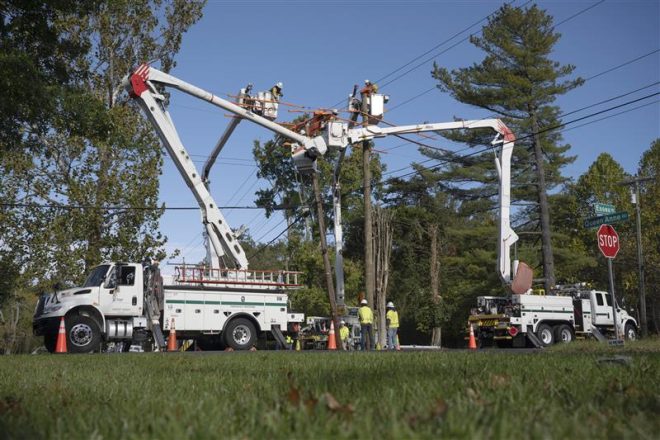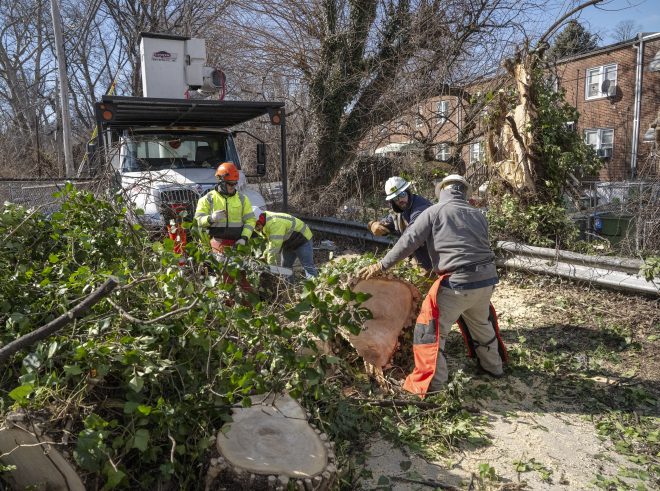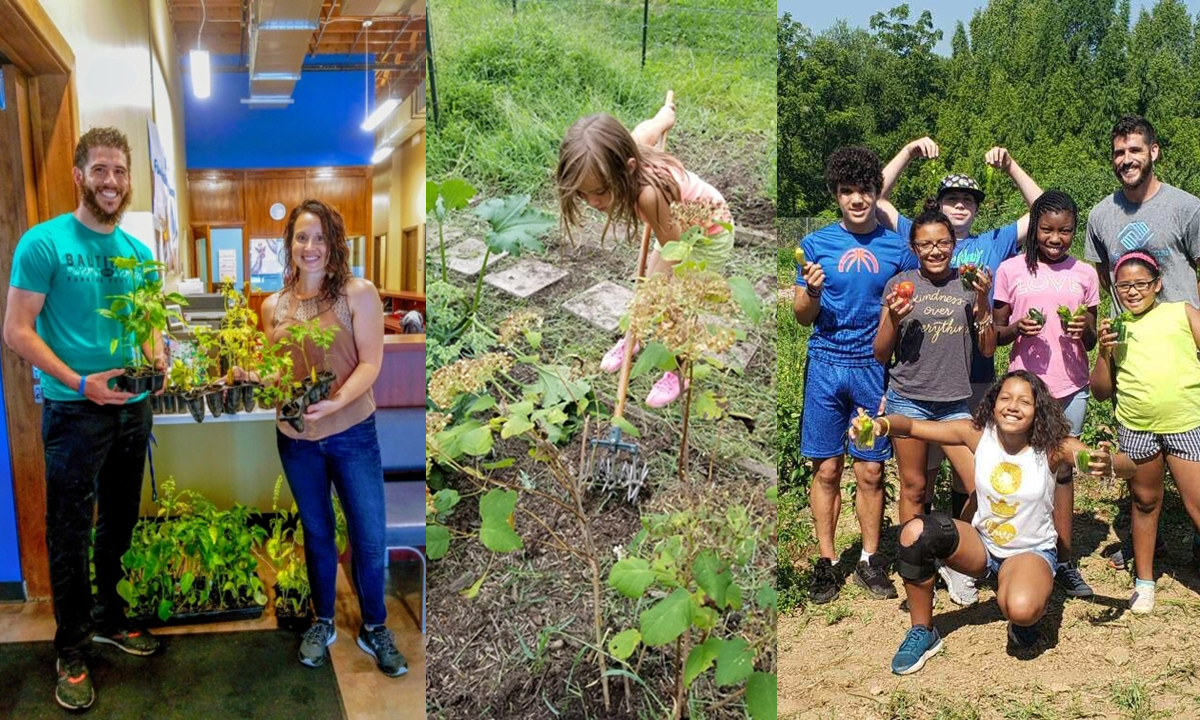
A community garden introduces high school students to the joys of working in the dirt, the satisfaction of problem solving and the delights of fresh vegetables
This summer, about 20 Carroll County high school students became urban farmers through the Boys & Girls Club of Westminster.
And not one of them had ever seen an eggplant before their fall harvest. Once staff served a delicious eggplant parmesan made from garden produce, parents started asking how to prepare the eggplants the kids were bringing home.
And the response to their first taste of cherry tomatoes? “It’s better than candy!”
More than 70 percent of children who attend the Boys and Girls Club are considered at risk: many live in poverty, share a home with an adult struggling with addiction or have an incarcerated parent.
Too often, low incomes and limited adult guidance mean children may be eating the least expensive – and least healthy – foods. Westminster’s Local Management Board has identified fighting obesity as its number one priority. So, out of that objective grew the Healthy Habits Program and a community garden, which BGE supported this year with a $5,000 Green Grant.
Every summer, the club invites high school students in its Leaders in Training program to serve as camp counselors. Marketing Director Erin Bishop said the program gives teens work experience and leadership skills and teaches the value of community service.
This year, the young leaders also worked on a community garden plot — from improving the soil to planting, nurturing and harvesting. Bishop said, “Among the many things they learned was patience. Caring for vegetables takes a lot of that. And they took responsibility in every step of the process.”
For example, early on they found the soil on their plot was as in bad shape. “Through research they learned that coffee grounds were good for enriching soil. So, they contacted a local Starbucks and arranged to pick up grounds every week,” Bishop said. They also schemed about collecting rainwater to use on the veggies.
She heard comments like, “I loved learning how to do this so I can be prepared to have my own garden,” and “It’s so important to grow your own food — and it tastes so much better!” The kids ate their first homegrown tomatoes, as well as squash, banana peppers and basil from the garden.
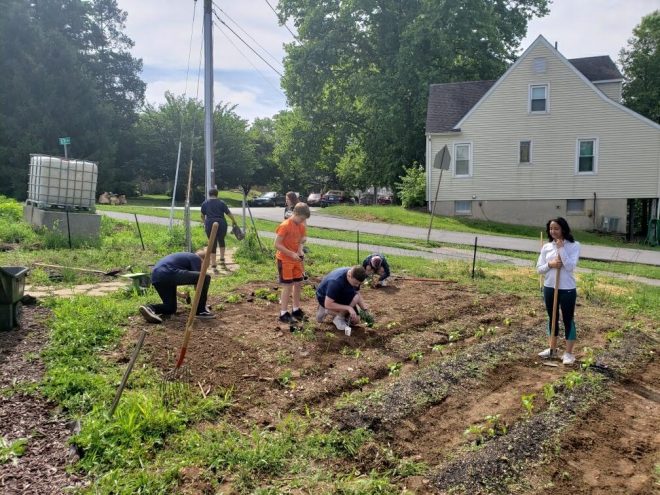
The club’s community garden in Westminster.
Bishop hopes the teens can apply their new knowledge and food choices at home. She would like to see them teach healthy eating to their younger siblings who are often left in their care.
A local church has offered garden plots for next year. The new location has the advantage of better soil, a watering system and proximity to the main club facility. Bishop is excited about the garden’s potential.
“It was wonderful to see the teens sharing the knowledge with the younger kids at camp. You know it’s special when the kids get so engaged,” she said.
Visit the club’s website to learn about its recent move and current expansion project. In its new facility, the club offers more than 500 children the opportunity “to be their best selves and to succeed,” Bishop said.
===
Now in its seventh year, the annual BGE Green Grants program has benefited hundreds of innovative community projects with more than $2 million in charitable giving from BGE. Grants range from $500 to $10,000. Organizations that receive a Green Grant are located in BGE’s geographic service area and use their award for a project that falls into at least one of BGE’s environmental focus areas: conservation, education, energy efficiency, pollution prevention, and community engagement. Prospective grant recipients must be 501(c)(3) non-profits with a board of directors and must meet additional criteria to be eligible.

